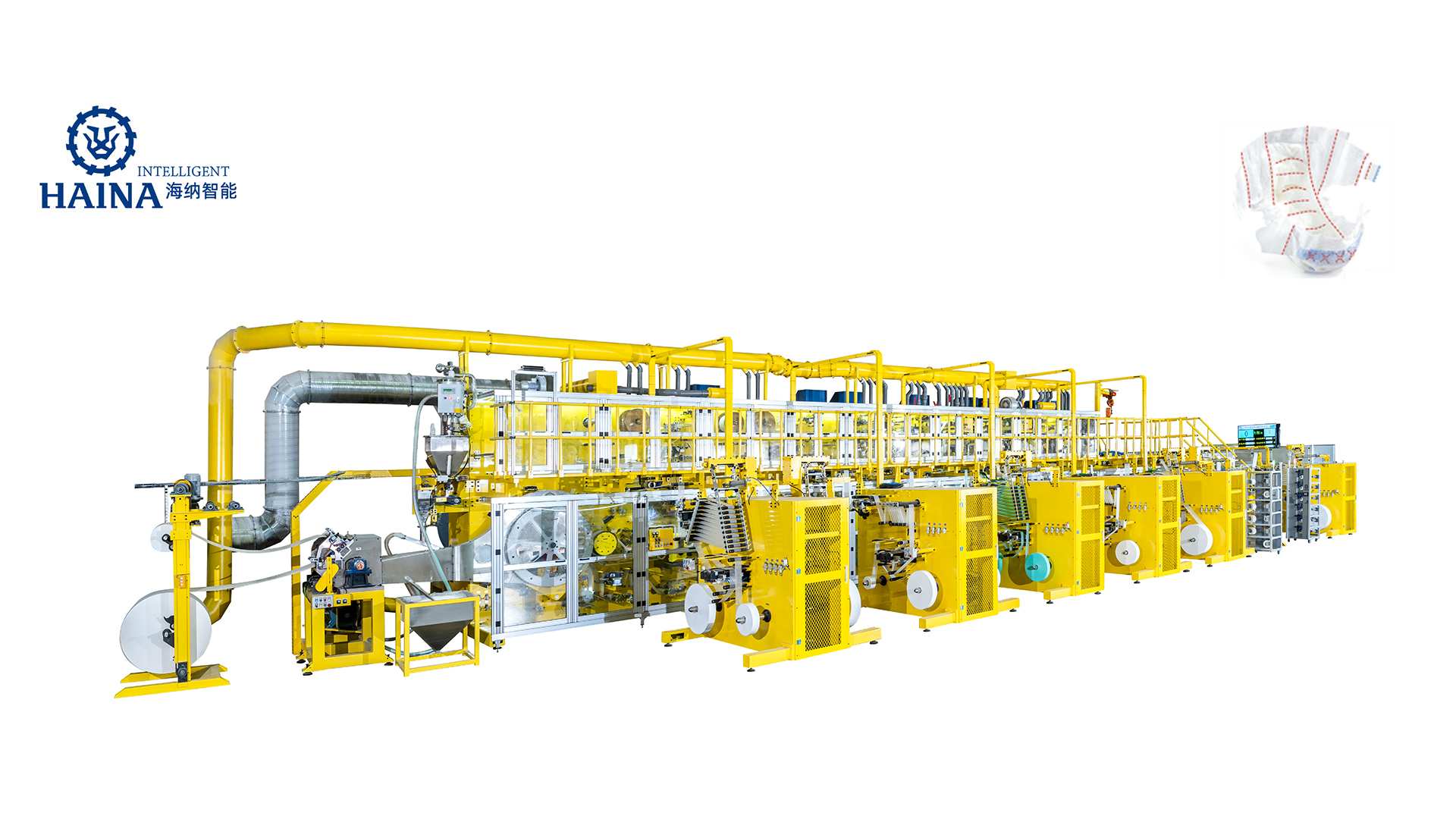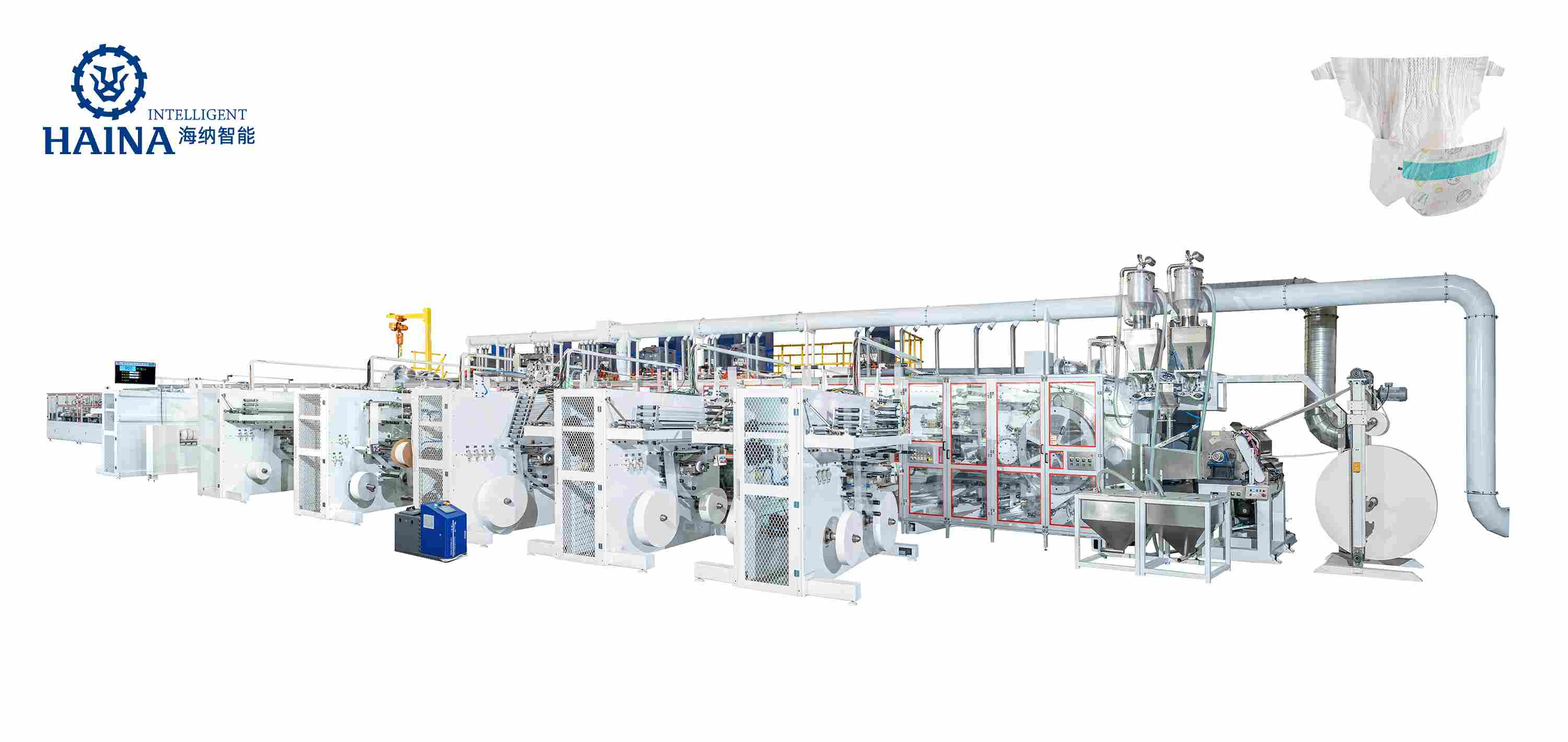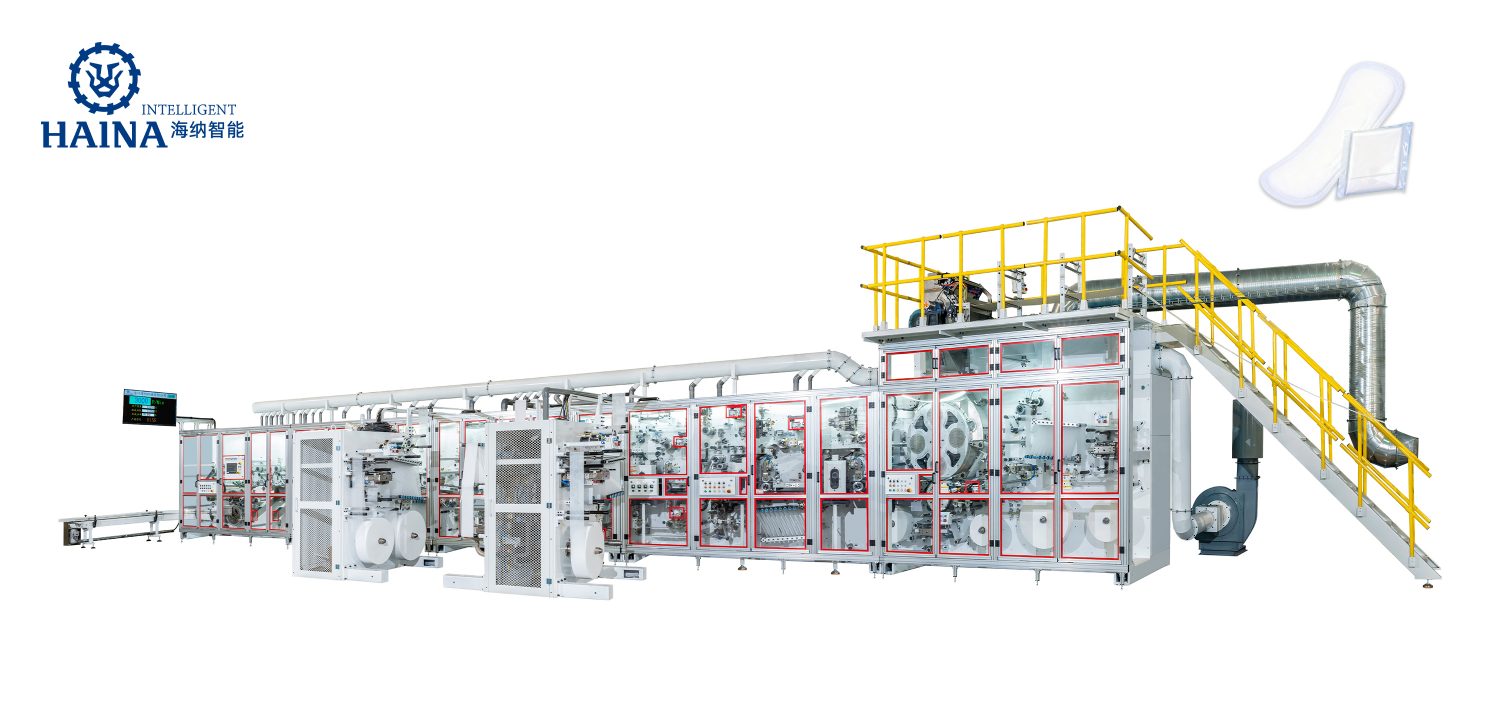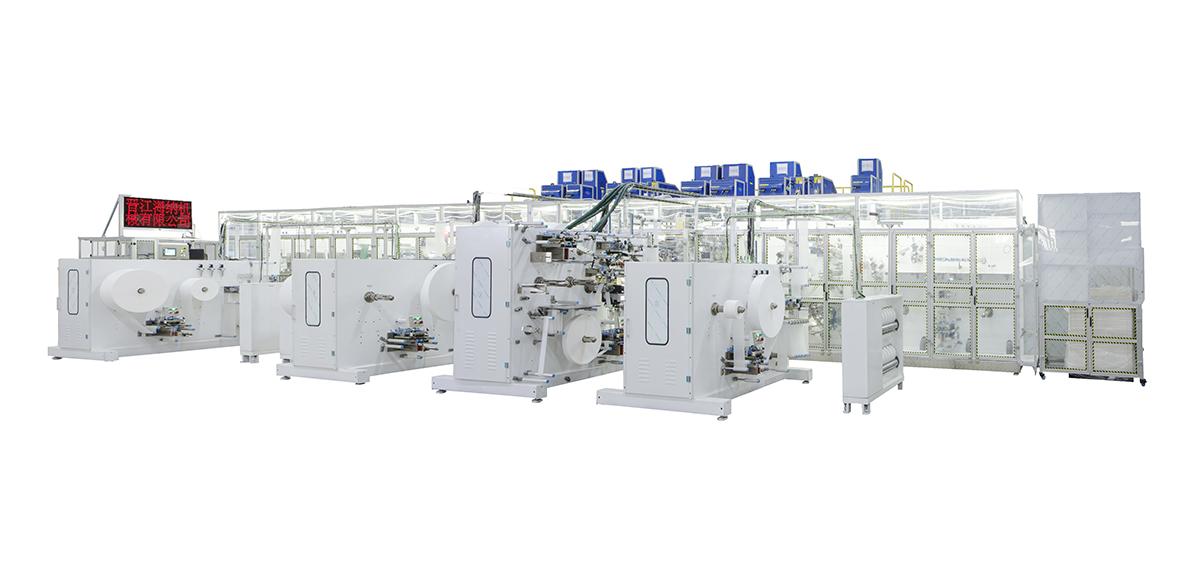Author:Haina Machinery Factory FROM:Diaper Machinery Manufacturer TIME:2022-04-18
As we all know, disposable Hygiene Products, including diapers, sanitary napkins and wet wipes, have been widely used in people's daily life. Although they have brought great convenience to people's lives, with the gradual increase of products, environmental problems have become more and more prominent.
It is understood that currently used diapers are mainly discarded by burial and incineration. However, because diapers are insoluble in water, about 30% of their plastic components are difficult to degrade. No matter what method is used, it may pollute the atmosphere, soil, water and other environmental factors.
Taking Japan as an example, in the context of an aging population, the use of adult diapers has increased rapidly, making more and more diaper waste disposal a serious environmental problem. According to the Japanese media "Yomiuri Shimbun", in 2017, the production of adult diapers in Japan reached 7.8 billion pieces, resulting in about 1.45 million tons of diaper waste. At the same time, a Japanese group advocating diaper recycling found that in some rural areas, adult diapers already account for 20 to 30 percent of the total local waste.
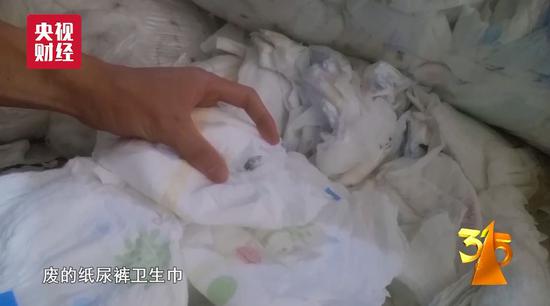
Sanitary napkins are a physiological product that most women need, but from the perspective of environmental protection, the waste generated by them will lead to a series of environmental problems such as soil damage, air pollution, and water quality deterioration. The main reasons for these problems are the difficult-to-degrade materials such as superabsorbent resins in sanitary napkins, and the disposal methods of incineration and burial.
In fact, in some countries, sanitary napkins are already suffering from a contamination crisis. Of 92 dead crabs dissected along the Thames in the UK, researchers found that most of the crabs had large amounts of plastic in their stomachs, The Independent reported. In addition, experts have confirmed that many of these plastics come from plastic fibers from sanitary napkins and yellow balloons.
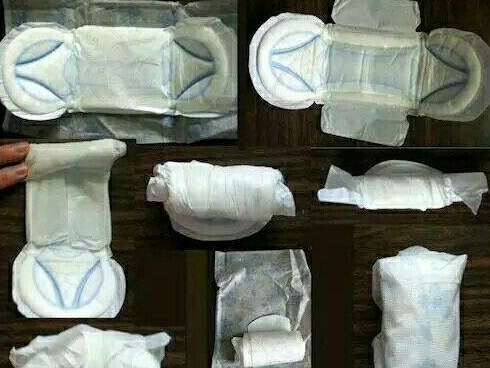
Wet wipes are favored by many consumers for their convenient features. However, with the increase in the use of products, the pollution of wet wipes has also received more and more attention from various countries.
In fact, wet wipe products often contain large amounts of cotton fabrics, plastic resins (eg polyester fibers, polypropylene) and microfibers impregnated with chemicals. But because they are often flushed down toilets, they break down into microplastics in oceans or rivers, killing marine life and mixing with fats or oils, causing clogging of urban sewers and accumulation on riverbeds.
According to the Guardian, the flood of wipes has polluted many UK rivers. Currently, the heavily used wipes are piled up with soil and resin into soil and are changing the topography of the Thames' bed. In ten years, discarded wipes on the beach have increased by around 15-fold. These discarded wipes not only have a great impact on the environment and water supply system, but also have a great impact on people's health.
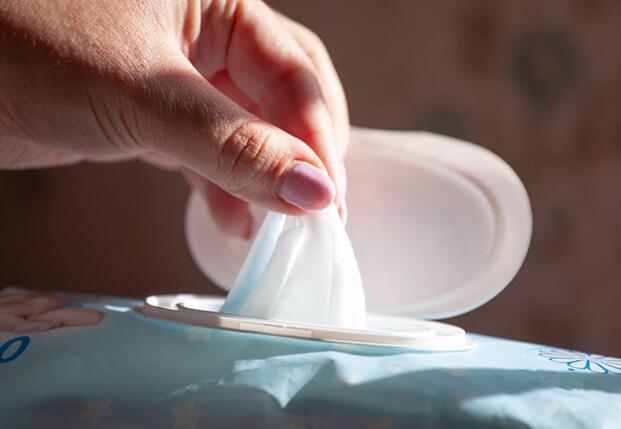
Meanwhile, the New Zealand city of Tauranga reportedly removes more than 2 tonnes of wipes from its wastewater system every week.
It can be seen from the above typical cases that the disposal of waste disposable Hygiene Products is imminent. Therefore, with the improvement of people's awareness of environmental protection, the development of products in the direction of environmental protection has become an inevitable trend. More and more companies are committed to the development of related disposable Hygiene Products, with the important goal of reducing the burden on the environment.
